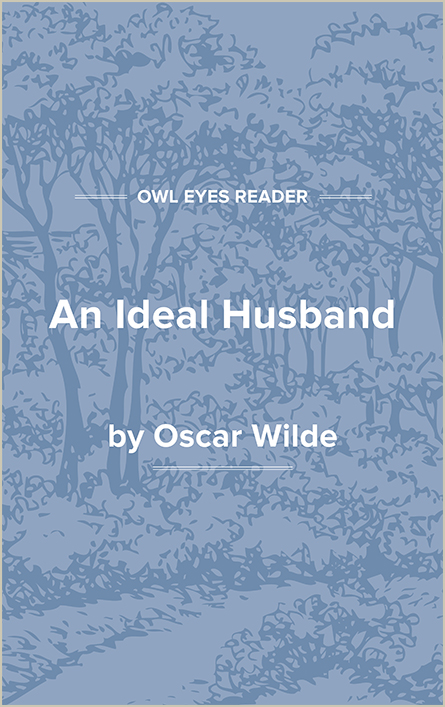Oscar Wilde Biography
Article abstract: Wilde’s comedies, including such masterpieces as The Importance of Being Earnest, were the finest seen on the English stage for many years and have endured as witty testaments to his artistic credo that art is superior to life.
Early Life
Oscar Fingal O’Flahertie Wills Wilde was born in Dublin, Ireland, the second son of Sir William Wilde, a prominent surgeon, and Jane Wilde (née Elgee), a poet and Irish nationalist. He was raised in an affluent, successful, and intellectually stimulating home. From an early age, Oscar and his brother Willie were allowed to sit at the foot of the adults’ dinner table and listen to the conversations of the Wildes and their guests, many of whom were prominent in Irish social and literary circles.
At ten, Oscar was sent to the Portora Royal School in Enniskillen. Physically, he was a tall and awkward boy, but he had already revealed signs of the sharp wit that would later fascinate the literary world. He was also noted for his fast reading, once claiming to have read a three-volume novel in thirty minutes. He excelled in Latin and Greek and won a scholarship to Trinity College, Dublin, which he entered in October, 1871.
At Trinity, Wilde won several academic prizes, including the Berkeley Gold Medal for Greek. Strongly influenced by his tutor, the Reverend John Mahaffy, a professor of ancient history, Wilde continued to excel at classics and won a scholarship worth ninety-five pounds per year at Magdalen College, Oxford, which he entered in October, 1874. It was at Oxford that Wilde encountered two men who were to influence his thought. The first was art critic and writer John Ruskin, who was at the time a professor of fine arts. Ruskin believed that art should have a moral component, and as Wilde worked with him on a road-building project, Wilde found the idea that art might promote the improvement of society to be an attractive one. Wilde was also exposed to a contrary, and more important, influence in the form of Walter Pater, fellow of Brasenose College. According to Pater, what mattered in life and art were not moral or social concerns, but the intense appreciation of sensual beauty, especially that produced by works of art. While under Pater’s spell, Wilde took to referring to Pater’s Studies in the History of the Renaissance (1873) as “my golden book.”
Wilde flourished during his time at Oxford, living a flamboyant lifestyle and dressing as a dandy. He also excelled in academics, winning the Oxford Newdigate Prize for Poetry with “Ravenna,” a poem that describes his response to his first sight of the Italian city. After receiving his bachelor of arts degree in November, 1878, Wilde went to London to pursue his career, unsure of what that career might be.
Life’s Work
It did not take Wilde long to set himself up in London. He shared rooms off the Strand with his Oxford friend Frank Miles. Wilde cultivated a wide circle of acquaintances, and after his mother arrived in London, he was the chief attraction at the literary salon that she presided over at her Chelsea home. With his witty conversation, outrageous opinions, and outlandish, colorful taste in clothes, Wilde was soon the talk of London. He became the clear leader of the art-for-art’s-sake school of aesthetics, a school of thought that had been introduced to England by Pater and emphasized that art need serve no utilitarian end; its mere existence as a thing of perfection and beauty was sufficient.
In 1881 Wilde published his first work, Poems , a collection of lyrical poems that are mainly derivative in style from poets such as John Keats, Alfred, Lord Tennyson, and Dante Gabriel Rossetti. The book quickly went through five editions but was badly reviewed by critics. However, such critical dismissal hardly made a dent in Wilde’s growing celebrity, and the following year he visited the United States for a highly successful lecture tour. Upon arriving in New York on January 3, 1882, Wilde told a...
(The entire page is 2,038 words.)
Owl Eyes subscribers get unlimited access to our expert annotations, analyses, and study guides on your favorite texts. Master the classics for less than $5/month!

